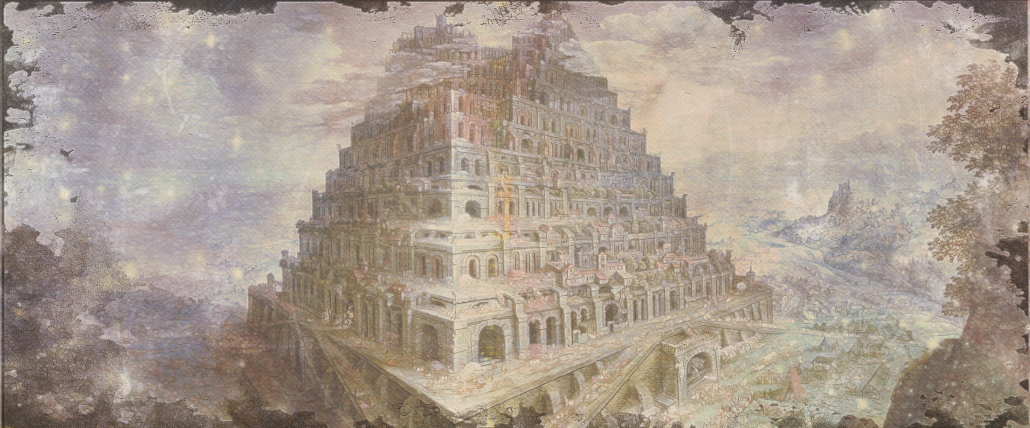
From Constructing an Anarchism by Shawn P. Wilbur
Privation is a state in which the essentials are lacking.
That may seem like a strange place to begin constructing an anarchism, but perhaps not when we remind ourselves that the prefix “an-” is a privative prefix. When we find a concept shaped by that prefix, we should expect to find privation, the lack or absence of something fundamental or essential. There may be exceptions, since we do all sorts of things with language, but, in general, we do not mark the absence of the merely incidental or inessential.
If we unpack “anarchy” as an-arche—”in the full force of the term,” as Proudhon put it, marking a privation with regard to fundaments and essences as such—we are really just giving the term its most general sense. We might define the term is some narrower sense, but, if we are really are marking instances of privation, the narrower sense of “archy” (government, rule, authority, hierarchy, etc.) is almost certain to mark the absence of what is presumed to be essential or fundamental in some narrower context. We can say that “anarchy” marks an absence of government (in some more or less narrowly defined sense) or a lack of hierarchy (with term similarly delimited), but the narrower definitions are unlikely to be mutually exclusive, forming instead a series of instances in which the general, abstract notion is applied to specific contexts.
This is a slightly stronger reading than I gave the etymological elements in “A Schematic Anarchism,” but I don't think it's too great a leap to say that a really privative “an-” forces whatever follows it to appear as an instance of arche. If we accept that logic, then perhaps it is a bit simpler to make sense of my aphoristic claim that:
Anarchy is what happens in the absence of the very things we are led to believe will always be present.
We are left, of course, to distinguish between elements that would truly be fundamental or essential—and which we would expect simply could not be absent in any real sense—and those elements that we are led, presumably as a result of ignorance or deception, to think of in those terms, but which in fact we seem to experience as absences. Those who claim the role of “anarchist” or embrace some sort of “anarchism” will obviously make those distinctions differently than those who accept the claims regarding what is essential or fundamental in existing societies. It isn't clear, however, than we can yet place ourselves outside of relations shaped by those claims enough to experience those absences as anything but some kind of privation.
If, to borrow another phrase from Proudhon, we find ourselves “in the silence of the gods”—if where we have been led to hear the voice of authority and certainty we hear nothing at all—we still have no problem attaching a name to that which does not speak to us. Privation is not all that we experience when we experience anarchy—or the possibility of anarchy—but it is, I think, an inescapable, significant part.
So we are in a peculiar position as anarchists and proponents of anarchism, since, by standards that even we must acknowledge we recognize, that identification and advocacy make us—among other things, of course—champions of privation.
#constructinganarchisms #anarchy #anarchism

There are 7 Comments
Champions of privation? Is
Champions of privation? Is this a segue into a discussion of the concept of private property? Property is theft / Property is liberty? The right to privacy? Private industry?
Just sayin
I was surprised to learn that it was actually William Godwin who coined the term "Property is Theft". He associated with Guy Fawkes, the most famous of all anarchic persons in the history of anarchy. I can understand the bookish Proudhon plagiarizing the prolific writings of Godwin.
"Guy Fawkes, the most famous
"Guy Fawkes, the most famous of all anarchic persons in the history of anarchy"
*coughing a lot* AHEM! You must be new to anarchy or something. That's fine, but you got a few things to learn.
What about the claim that
What about the claim that Godwin first uttered "Property is Theft" though? I got that right *not coughing, glaring*
Umm "anarchic" means
Umm "anarchic" means resembling anarchy, which has nothing to do with traditional anarchism, which has numerous versions all argued over by "anarchists" claiming authority upon the idea. *cough cough*
"Stay tuned for our next
"Stay tuned for our next thrilling episode..." — although chances are it will continue just being a somewhat provocative exploration of an-archy.
Thanks but I'm more
Thanks but I'm more interested in theory and talks on DEPRIVATION, and how it works within social dynamics. See... like when privileged pseudo-academic anarcho-lefties are constructing their "anarchist" privileges in previously-free spaces or areas, in order to safe0keep it for themselves and their friends and keep these "filthy" or "triggering" individualists at bay. That sorta thing.
